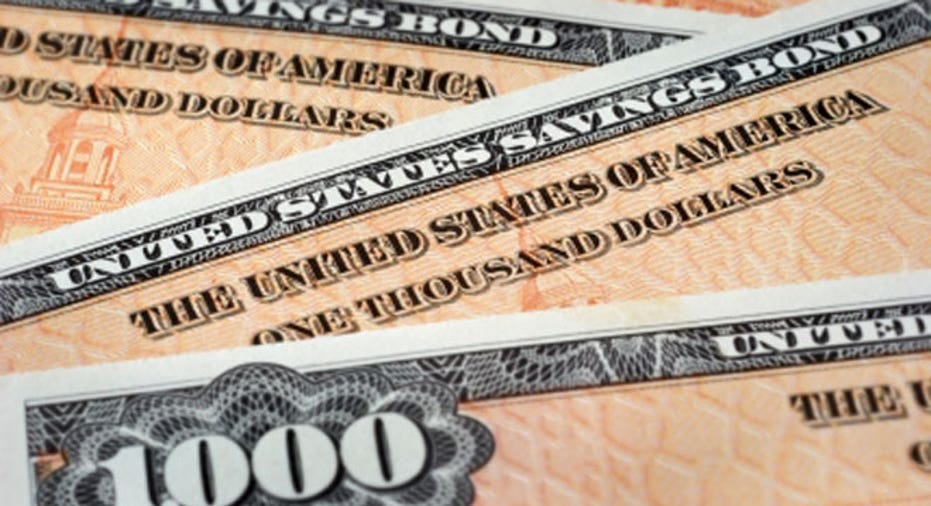What to Do With an Old Savings Bond?

Depending on your age, your birthdays may have included a card from Grandma and Grandpa with a savings bond tucked inside. Your parents would beam; you would silently sigh and move on to the next -- and undoubtedly cooler -- gift.
In the days before 529 plans, savings bonds were the go-to gift of choice for grandparents and parents hoping to help save for college. With long maturity dates, the bonds were often stored away and sometimes forgotten.
"We see the shoebox pulled out when a child turns 17 and parents are trying to figure out how to pay for college," says Mike Mussio, a certified financial planner with FBB Capital Partners in Bethesda, Md.
Of course, savings bonds weren't only gifted to kids whose grandparents wanted them to go to college. Through workplace savings programs and tax refund incentive programs, many Americans have ended up with a stack of savings bonds.
With interest rates hovering just above zero, many may be asking if those bonds are worth keeping.
Interest rates for savings bonds
Like other savings vehicles, bonds come with both advantages and disadvantages.
"From a safety and liquidity standpoint, [savings bonds] are about as good as it gets," says Mussio. "From a return standpoint, they are not so great right now and haven't been for a few years."
"Not so great" translates to a 0.20% annual interest rate for an EE Bond purchased between May 1, 2013 and October 31, 2013. For comparison, some online savings accounts are currently offering interest rates between 0.75% and 0.85%.
"The problem is the return gets eaten away by inflation," notes Mussio.
While EE Bonds aren't making enough interest to outpace inflation, I Bonds offer an interest rate that is at least equal to the rate of inflation. These bonds may be a better option for those who like the safety provided by government-issued investments, but want to be sure their money is growing at roughly the same rate as the cost of living.
Savings bond tax advantages
As with most financial decisions, there is no one savings strategy that works for everyone. Mussio notes the decision to keep savings bonds or cash them in and reinvest them elsewhere can depend upon an individual's goals.
For college and retirement savings, 529 Plans and IRAs may offer better returns and tax advantages over savings bonds. However, they also come with added risk, and there may be limitations regarding when the money can be withdrawn or how it can be used.
Savings bonds, on the other hand, earn a guaranteed rate of interest and also come with tax advantages. While individuals must pay federal tax on the interest from bonds, that money is exempt from state and local taxes.
Keeping bonds vs. cashing them in
For individuals with a stash of savings bonds, Mussio recommends finding out how much your collection is worth before making any decisions.
"Getting a handle on what they are actually worth is a good first step," he advises.
Consumers can visit any bank to find out what their bonds are worth or they can look them up using the Treasury website.
Bonds stop earning interest after 30 years and at that time, they should be cashed in and reinvested. Buying more bonds is one way to reinvest that money, but online savings accounts, money market accounts and certificates of deposit are other options -- options that may pay more interest.
For bonds still accruing interest, individuals should consider what they hope to achieve with the money. Investors seeking a safe place to keep money without the expectation of large returns may want to keep the bonds. Those who decide to cash in their bonds may want to reinvest in another savings vehicle or use the money to pay down consumer debt.
When in doubt, the best way to make sound financial decisions is to consult with a professional who can review your specific situation and make personal recommendations. In the meantime, pull out that shoebox, head to the Treasury website and find out how much money has been sitting in your closet.
The original article can be found at SavingsAccounts.com:What to do with that old savings bond?



















